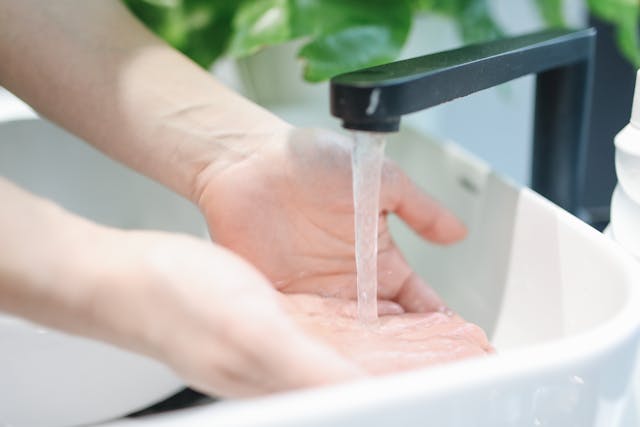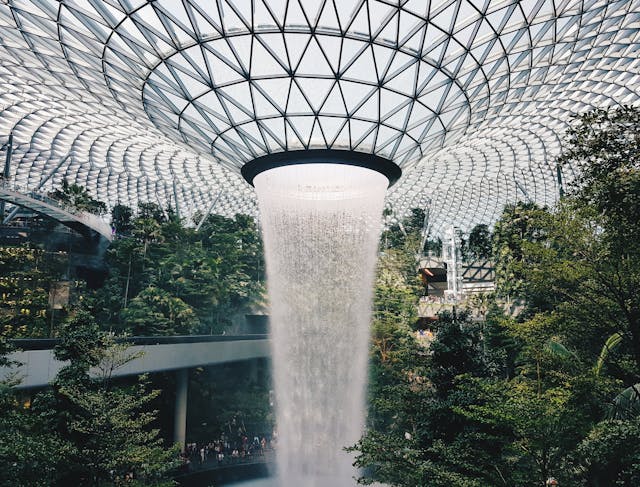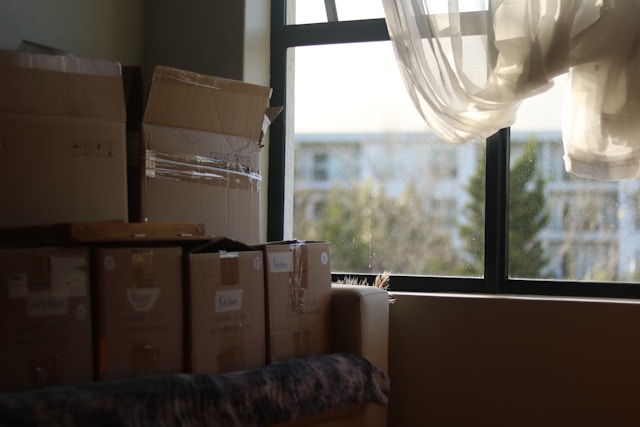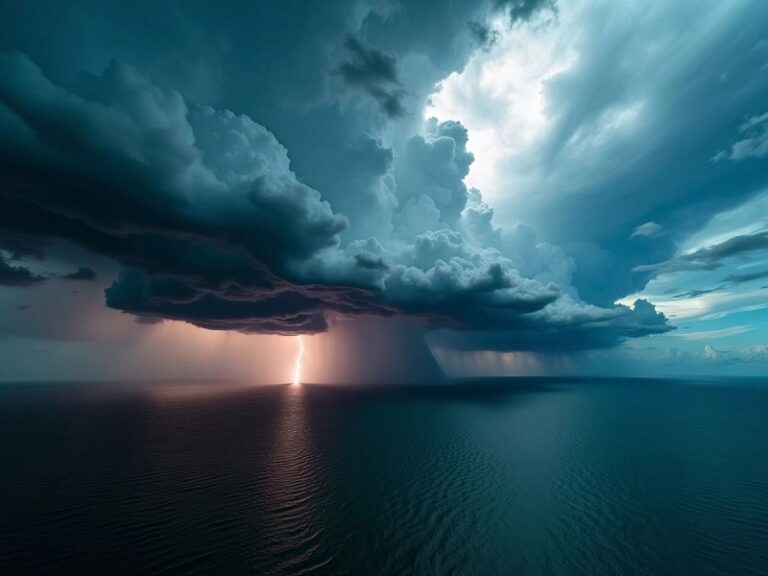Water conservation is important for both the environment and household budgets. For homeowners, reducing water usage can lead to lower utility bills and a smaller environmental footprint. In areas like Largo, where the climate can lead to high water consumption, adopting water-saving practices is even more important. Warm weather often means more water is needed for lawns, gardens, and outdoor activities, leading to increased usage. However, with some mindful changes, homeowners can conserve water effectively. In this blog, we will share practical tips to help homeowners conserve water and make their homes more eco-friendly.
Fix Leaks Promptly
The climate in warmer regions often leads to higher water usage, making water conservation even more important. Leaky faucets, pipes, and toilets can waste a lot of water, especially in climates where every drop counts. A small, steady drip might seem insignificant, but it can add up to gallons of water lost each day. Regularly inspect your home for leaks, focusing on areas like under sinks, around toilets, and near appliances, where leaks commonly occur.
In situations like storms, leaks can lead to more severe problems, such as water damage to floors, walls, or ceilings. This is especially concerning in humid conditions, where moisture tends to linger for longer periods. When this occurs, contacting a reputable Largo water damage restoration company is essential. They can assess the damage and provide repairs to prevent further problems.
Fixing leaks promptly helps conserve water and protects your home from long-term issues like mold growth and structural damage, which can be exacerbated by warm and humid climates.
Install Low-Flow Fixtures
Want to save water without sacrificing your comfort? Low-flow fixtures are the way to go! These clever devices use less water without impacting performance. Imagine taking a satisfying shower that’s also kind to the planet. It’s totally possible with low-flow showerheads, faucets, and toilets. They’re easy to install and can be found at most home improvement stores. Plus, they can save you a ton of money on your water bill in the long run.
Use Water-Efficient Appliances
Modern appliances are designed to use water more efficiently than older models. When it’s time to replace appliances like dishwashers and washing machines, consider choosing water-efficient models. Look for appliances with the WaterSense or Energy Star label, as these are certified to use less water and energy. These appliances are designed to maximize performance while minimizing water usage, helping you save water and reduce your utility bills.
Using these appliances wisely also helps with water conservation. For instance, only run the dishwasher and washing machine when you have full loads. This practice reduces the number of cycles needed, conserving water in the process. By investing in water-efficient appliances and using them correctly, you can significantly lower your household’s water consumption without sacrificing convenience.
Collect Rainwater
Collecting rainwater is an easy way to save water for outdoor use. By setting up a rain barrel under a downspout, you can collect rainwater from your roof. This water can be used for watering plants, washing your car, or other outdoor tasks. Using rainwater instead of tap water helps reduce the demand on your household’s water supply.
Rainwater collection is particularly useful during the warmer months when water consumption tends to increase. Make sure to use a cover on the barrel to keep debris and pests out. Rainwater is naturally soft, making it ideal for watering gardens and plants. By utilizing this free water source, you not only conserve water but also reduce your water bill, especially during times when outdoor watering is frequent.
Install a Drip Irrigation System
A drip irrigation system is an efficient way to water gardens and flower beds. Unlike traditional sprinklers, drip irrigation delivers water directly to the base of plants. This targeted watering reduces water waste from evaporation and runoff. Drip systems can be set up with timers to water at optimal times, like early morning or late evening. They allow you to customize the amount of water each plant receives, which is especially useful if you have plants with different watering needs.
By using a drip irrigation system, you can maintain a healthy garden with minimal water usage. It provides consistent moisture to the plants’ roots, promoting better growth without overwatering. Installing a drip system may require some initial effort, but the long-term water savings make it a worthwhile investment.
Shorten Shower Time
Shortening your shower time is an easy way to conserve water daily. Even reducing your shower by a minute can save several gallons of water each day. Encourage family members to take shorter showers as well. If you enjoy long showers, consider turning off the water while lathering soap or shampoo and then turning it back on to rinse.
Using a shower timer can help keep track of time and make it easier to cut down on water usage. For additional savings, consider installing a low-flow showerhead. This simple change can save water without sacrificing the quality of your shower experience. Small changes in daily routines can have a significant impact on water conservation over time.
Use a Broom, Not a Hose
When cleaning outdoor areas like driveways, sidewalks, and patios, use a broom instead of a hose. Using a hose for these tasks can waste a large amount of water. Sweeping debris away with a broom is an effective way to keep these areas clean without using water. If you need to wash down an area, consider using a bucket of water and a sponge for spot cleaning rather than letting the hose run continuously.
This simple practice can save hundreds of gallons of water each year. It’s a straightforward habit that helps reduce outdoor water consumption. By using water wisely and only when necessary, you contribute to overall water conservation efforts.
Check Your Water Meter for Leaks
Your water meter can help you identify hidden leaks in your home. To check for leaks, turn off all water-using appliances and fixtures. Once everything is off, check the water meter. If the meter continues to move, you may have a leak somewhere in your plumbing system. Hidden leaks can waste a lot of water and often go unnoticed for long periods.
Finding and fixing leaks early can save water and prevent potential damage to your home. If you suspect a significant leak that you can’t locate, consider contacting a professional plumber to investigate further. Addressing leaks promptly helps reduce water waste and lowers your utility bill.
All in all, water conservation is a simple yet crucial step towards a sustainable future. By implementing these tips, homeowners can significantly reduce their water consumption without compromising their daily lives. These small changes can have a big impact on conserving water resources for future generations.





